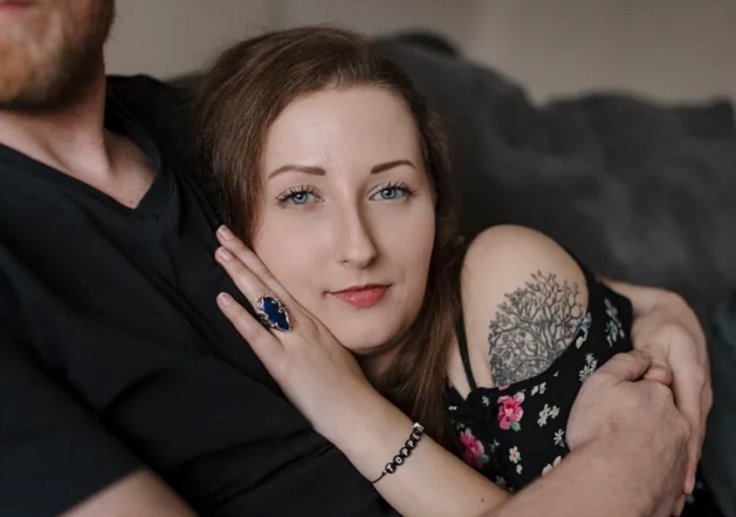A 28-year-old woman from the Netherlands, who is in good physical health, has chosen to end her life legally because of her severe challenges with depression, autism, and borderline personality disorder, according to a report.
Zoraya ter Beek, who lives in a small village near the Dutch-German border, is set to undergo euthanasia in May, despite being in love with her 40-year-old boyfriend and sharing her home with two cats. Ter Beek, who once wanted to become a psychiatrist, has been grappling with mental health challenges almost throughout her life. Unable to bear the challenges of depression and autism, she has now chosen to end her life for eternal peace.
Ending Her Own life for Peace

She said she decided to be euthanized after her doctors told her, "There's nothing more we can do for you. It's never gonna get any better," according to The Free Press. "I was always very clear that if it doesn't get better, I can't do this anymore," ter Beek said.
Ter Beek is among the increasing number of people in the Western world who have opted for death over enduring ongoing pain that, unlike a terminal illness, could potentially be treated.

According to The Free Press, an increasing number of people are choosing to end their lives while contending with various other mental health issues such as depression or anxiety, exacerbated by factors including economic uncertainty, climate change, and the influence of social media, among others.
Stef Groenewoud, a healthcare ethicist at Theological University Kampen in the Netherlands, told to the outlet, "I'm seeing euthanasia as some sort of acceptable option brought to the table by physicians, by psychiatrists, when previously it was the ultimate last resort."
"I see the phenomenon especially in people with psychiatric diseases, and especially young people with psychiatric disorders, where the healthcare professional seems to give up on them more easily than before," she added.
Ending a Lost Battle
After her euthanasia, Ter Beek plans to be cremated, a process that will take place on the couch in her living room. "No music," she said. A doctor will administer a sedative to Ter Beek first, followed by a drug that will stop her heartbeat.

Throughout the process, her boyfriend will remain by her side until the end.
"The doctor really takes her time. It is not that they walk in and say: lay down please! Most of the time it is first a cup of coffee to settle the nerves and create a soft atmosphere," she said.
"Then she asks if I am ready. I will take my place on the couch. She will once again ask if I am sure, and she will start up the procedure and wish me a good journey. Or, in my case, a nice nap, because I hate it if people say, 'Safe journey.' I'm not going anywhere."
There will be no funeral for Ter Beek. As she doesn't have much family, she said that her boyfriend will scatter her ashes in a "nice spot in the woods" that they have chosen together.

"I'm a little afraid of dying, because it's the ultimate unknown," she said.
"We don't really know what's next—or is there nothing? That's the scary part."
Since 2001, when the Netherlands became the first country in the world to legalize assisted suicide, it has emerged as a progressively favored option among the population.









